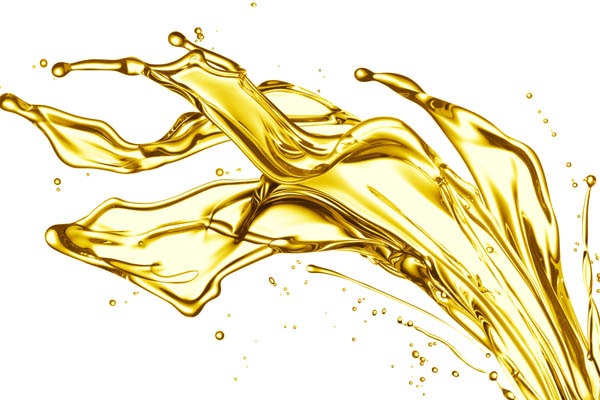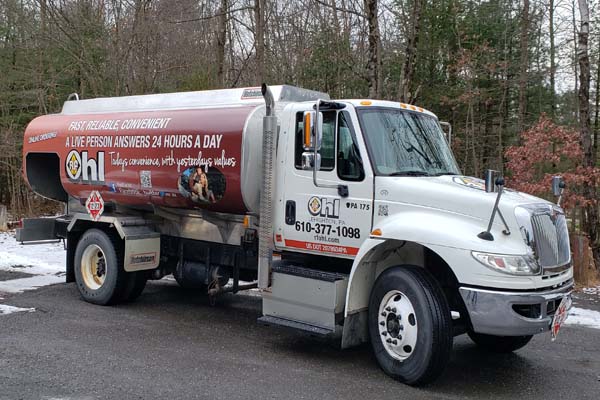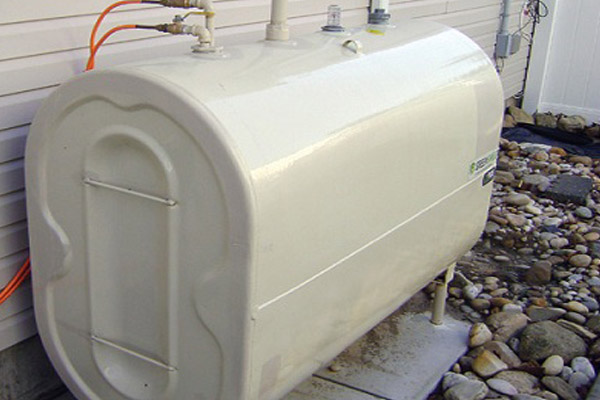
About 5.5 million people across the United States use oil as fuel to produce heat in their houses. Some 81% of those Americans reside in the Northeast. Many persons who utilize heating oil use oil tanks in their oil heating systems. Many wonder how to keep their oil tanks and home heating oil in decent condition. While many oil-heat users are aware of heating oil additives, some property owners already utilize them. Read more of this article to learn more about using fuel oil additives.
Different Types of Heating Oil Additives
Heating oil additives enhance the efficiency of your heating oil burner and aid with combustion. Your heating system will operate efficiently and cleanly when you use these additives.
You can choose from these four types of heating oil additives:
- Line and oil nozzle cleaners
- Stabilizers
- Biocides
- Water controller
Line and oil nozzle cleaners clean the fuel delivery lines used for transporting oil from the tanks to the burners. In addition, line and oil nozzle cleaners clear sludge that may have built up at the bottom of the tank.
A heating oil stabilizer safeguards your oil from degradation caused by antioxidants and other environmental factors.
Biocides treat any microbial growth inside your tank.
Water emulsifiers decrease problems that develop from water condensation in the tank.
What are Heating Oil Additives Used For

What do heating oil additives do for your heating system? First, we need to consider why these additives are necessary. Consider that you are utilizing refined crude oil in your home heating system.
Manufacturers process crude oil differently than it was processed in the past because everyone is more aware of its negative environmental impacts. Also, more people are demanding low-sulfur diesel today.
These continued adjustments changed the fuel making it more unstable and high in carbon residue. However, manufacturers not only upgraded but improved the chemical makeup of the additives to balance out these changes, thus improving the attributes of the fuel.
If you have seen any of the following symptoms detailed below, consider utilizing heating oil additives:
- Clogged Fuel lines
- High usage rates
- Build-up of sludge
- Oil tank freezing
How Does a Fuel Oil Additive Work?
When oil passes through a refinery, the attributes transform, and this causes impurities to appear in your fuel.
These pollutants include water droplets, dirt, soot, and other particles that could impact the functionality of your oil tank. If your tank contains pollutants, the system will become inefficient.
On the other hand, using additives helps rid the system of these impurities so that your system functions efficiently. These additives reduce and prevent bacterial growth and support the emulsification of water droplets.
Additives have a chemical composition designed to degrade dirt or soot to ensure that any pollutants can pass through the filter without clogs. In addition, additives shrink impurities so that they can burn and dissipate from the system.
What Common Issues are Fixed by Heating Oil Additives?

Are oil additives cost-effective and efficient? Consider the following scenarios that cover challenges that may affect you. We also provide answers to remedy these problems.
Clogged Burner Nozzle
Your tank’s burner nozzle could be clogged with an accumulation of carbon and other chemical components. Unfortunately, clogs hinder your home heating system from effectively burning the fuel since the burner nozzle helps with oil spray. Additives include cleaning components designed to dissolve chemical buildup. Therefore, you will see increased efficiency in your burner nozzle.
Additional Condensation in Your Oil Tank
A tank with extra condensation could be problematic because the parts on the inside could be rusting and have bacterial growth. Additives help with water emulsification which in turn stops bacterial growth. Other manufactured additives help reduce extra water in your system, which helps prevent rust because it causes many other issues.
Heating Oil Gelling
Lower temperatures contribute to oil gelling because oil cannot flow from the tank to the burner, which clubs the fuel line nozzles and filters. Anti-gelling additives reduce the temperature that enables gelling in the fuel. If you live in a cold climate, this benefit will help you.
Sludge Build-up in the Oil Tank
If you notice sludge build-up at the bottom of your tank, you could have clogged lines and filters.
Build-up decreases the efficiency of your tank to produce heat. The tank may malfunction or cease operating. If you have to turn off the heat in your home to avoid clogged lines when fuel is delivered, your tank may have sludge. Additives produced to dissolve sludge build-up facilitate heating oil with dissolving any sludge. The fuel will be able to absorb any sludge so that it can burn off, and your tank will be ready to operate.
Disadvantages of Heating Oil Additives
Just as there are several benefits of heating oil additives, we must inform you of the disadvantages. Oil additives will never be able to remove all water droplets from your system. If you try an additive but still have challenges with water droplets, call a certified technician immediately to assist you. Be mindful of additives that contain alcohol because these cause other challenges.
If your tank contains sludge and you have tried a line and oil nozzle cleaner, you may still face issues with clogs. After trying the line and oil nozzle cleaner with no success, call a technician to avoid any other damage to your system.
One additive will not be enough to remedy all the challenges you may face with your oil tank. Therefore, we suggest that you use more than one additive. You may think it is expensive; however, using more than one additive improves your tank efficiency, which saves you money. Contact a professional who can work with you to follow all guidelines so that you can enjoy the optimal performance of your tank.
Call R.F. Ohl For Fast & Affordable Heating Oil Deliveries

R.F. Ohl is a reliable HVAC company and heating oil supplier. We offer the most competitive heating oil prices in the region, and our deliveries are always completed in a timely and efficient manner. We offer many different delivery plans and financing options so that you can customize your heating oil deliveries to fit your needs. In addition, we employ only experienced, licensed HVAC technicians to complete any necessary heating tune-ups and repairs so that you can reduce your overall energy costs.
At R.F. Ohl, we provide state-of-the-art HVAC repairs, replacements, tune-ups, and installations. Our professionals have the knowledge and experience to offer you practical and reasonably priced solutions for all your home comfort needs.
Contact R.F. Ohl as soon as possible, and we will be happy to schedule a complimentary, in-home estimate of your HVAC system. Likewise, call us today to find out more about our fuel deliveries. Click the link to view our service area.
Click here to contact us today or give us a call at (610) 377-1098 if you have any questions.
The post Using Heating Oil Additives In Your Homes Heating Oil Tank appeared first on R.F. Ohl.
No comments:
Post a Comment